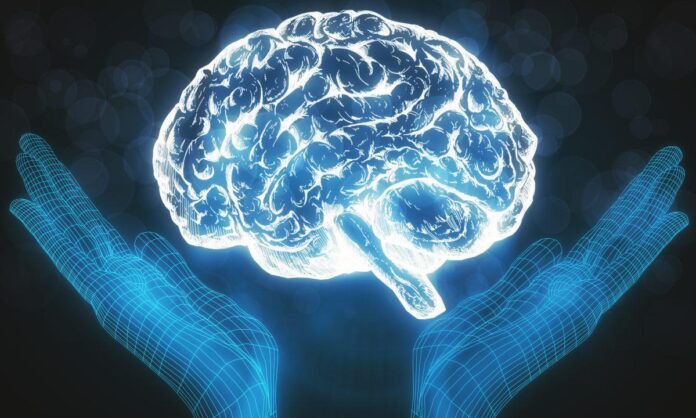Artificial intelligence (AI) is a rapidly growing field that is transforming many aspects of our lives, including the way we approach mental health and well-being. With the rise of digital health technologies, AI is becoming an increasingly important tool for improving mental health outcomes.
One of the most promising applications of AI in mental health is the development of chatbots and virtual assistants. These tools use natural language processing algorithms to simulate conversations with users, providing them with information, support, and guidance on a variety of mental health issues. Chatbots and virtual assistants are particularly useful for people who are reluctant to seek traditional therapy or who may not have access to mental health professionals due to cost or other barriers.
In addition to chatbots and virtual assistants, AI is also being used to develop predictive models that can help identify individuals who are at risk of developing mental health conditions. By analyzing patterns in data such as social media activity, speech, and even physiological data like heart rate and sleep patterns, these models can identify individuals who may be at risk of depression, anxiety, or other mental health conditions.
Once individuals have been identified as being at risk, AI can also be used to develop personalized interventions that are tailored to their specific needs. This can include recommendations for lifestyle changes, such as exercise or diet modifications, as well as targeted therapy or medication interventions.
Another area where AI is making a significant impact is in the field of cognitive behavioral therapy (CBT). CBT is a type of therapy that focuses on changing negative thought patterns and behaviors that can contribute to mental health issues. AI-based CBT programs are designed to provide users with personalized feedback and guidance on their progress, helping them to develop healthier thought patterns and behaviors over time.
Overall, the role of AI in improving mental health and well-being is rapidly evolving. While there are still many challenges to be overcome, including issues around data privacy and ethics, the potential benefits of AI for mental health are significant. By providing users with personalized support and guidance, AI-based tools have the potential to transform the way we approach mental health, making it more accessible, affordable, and effective for everyone.





